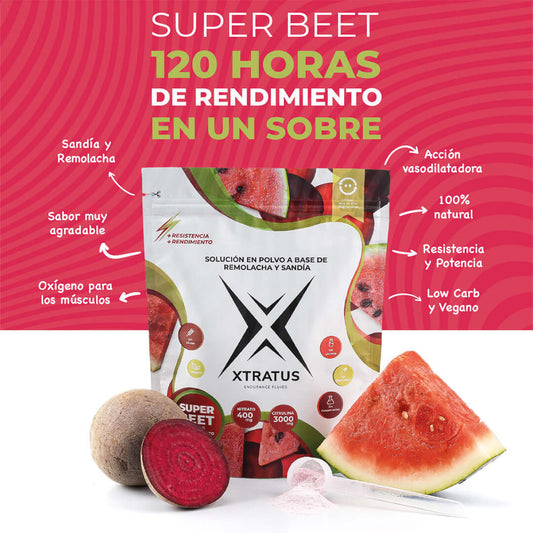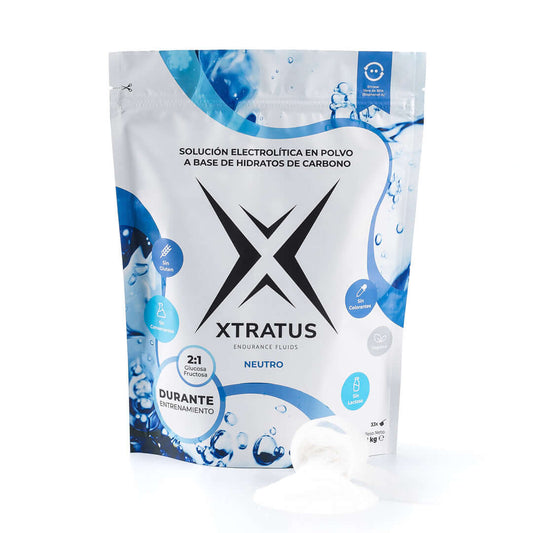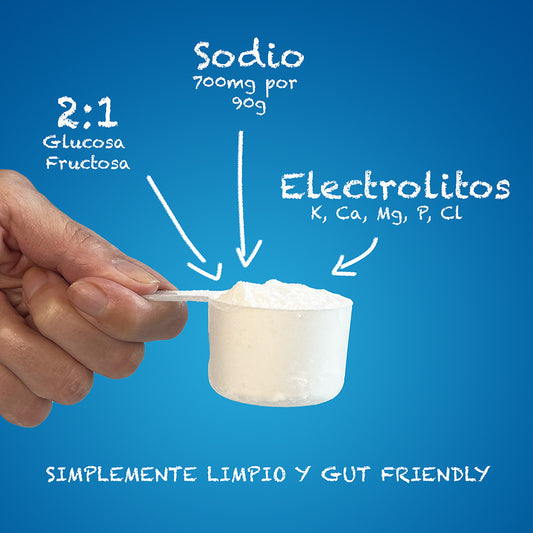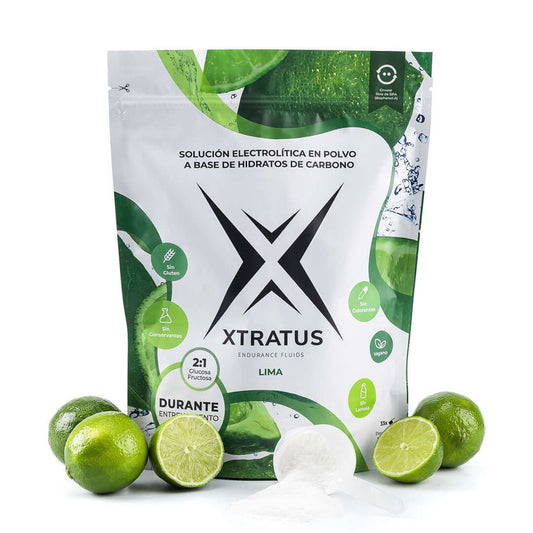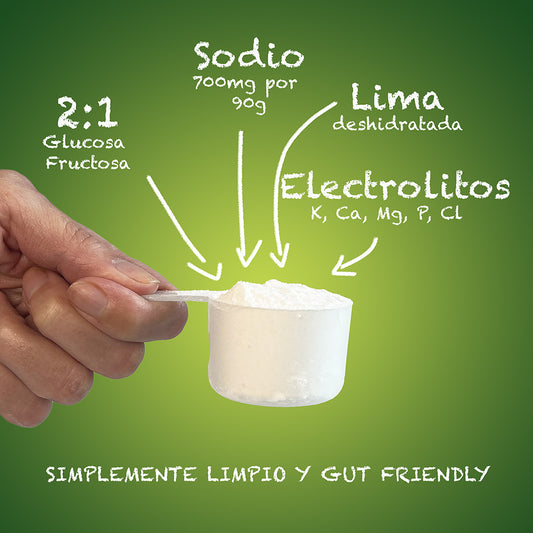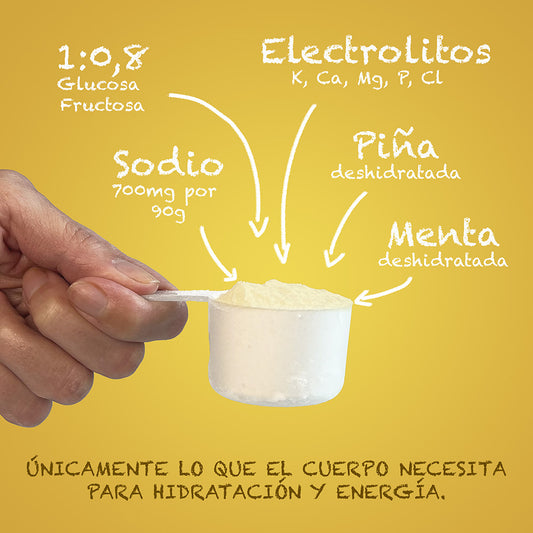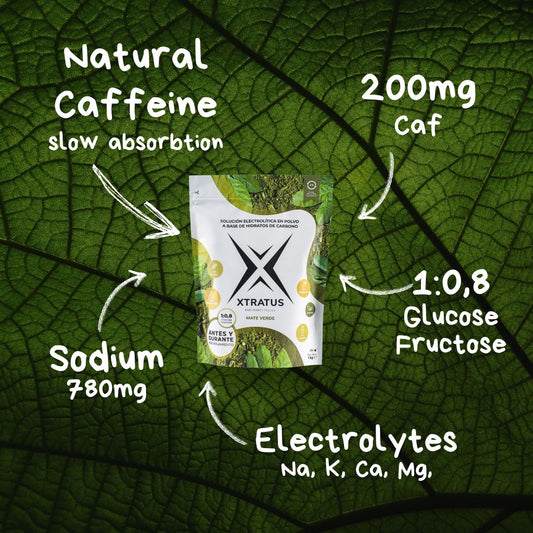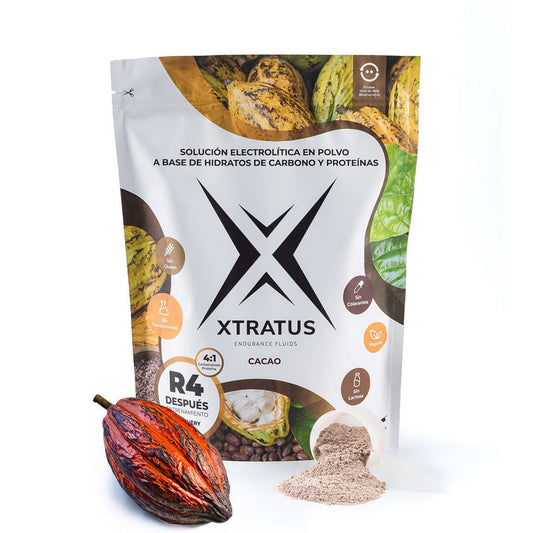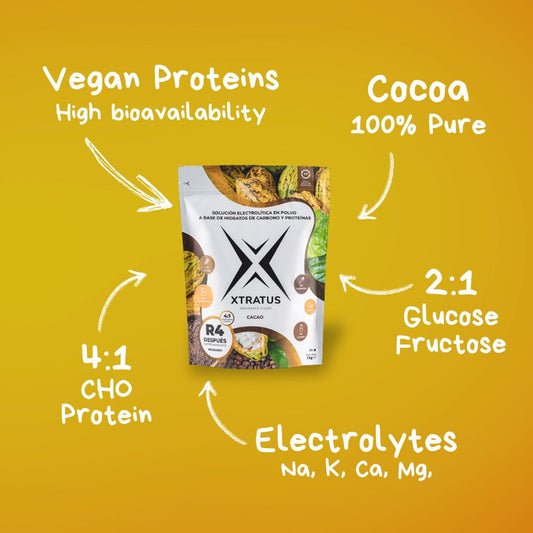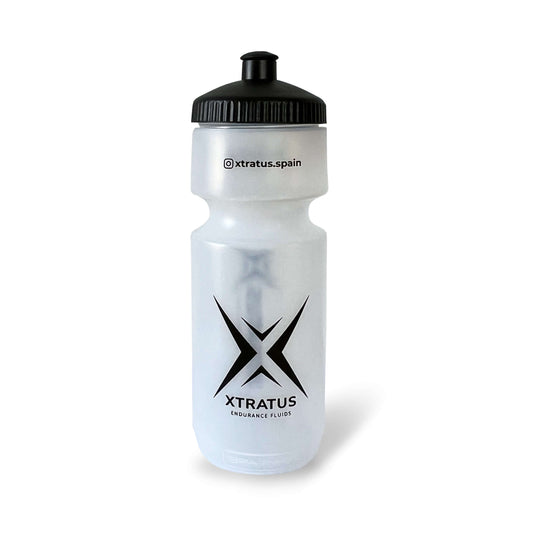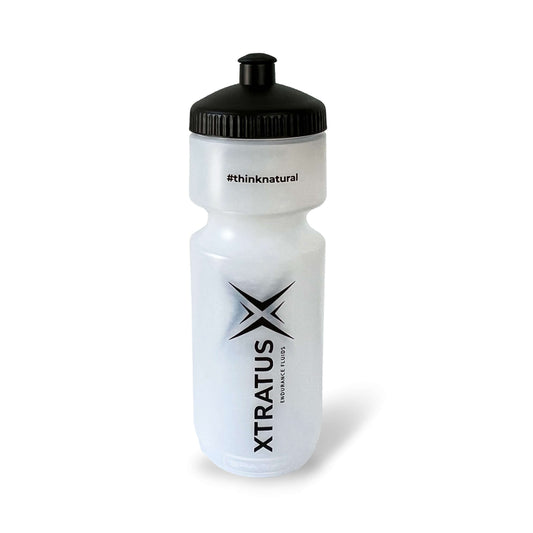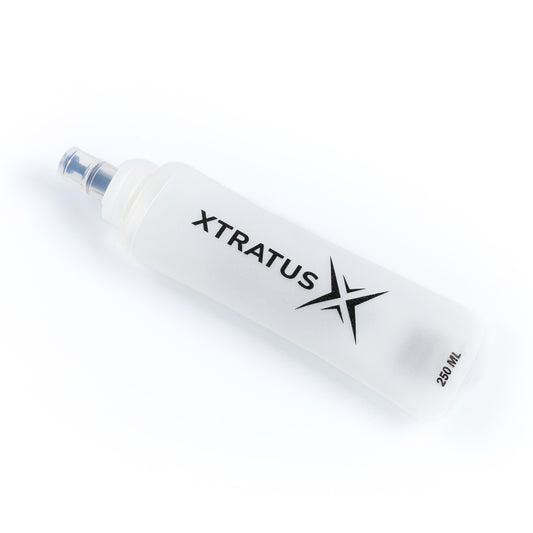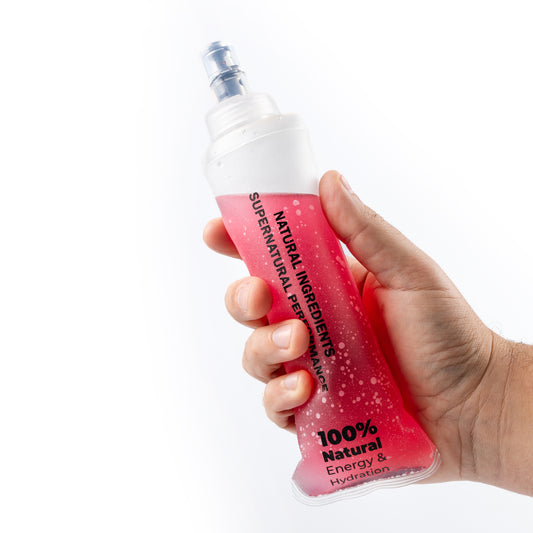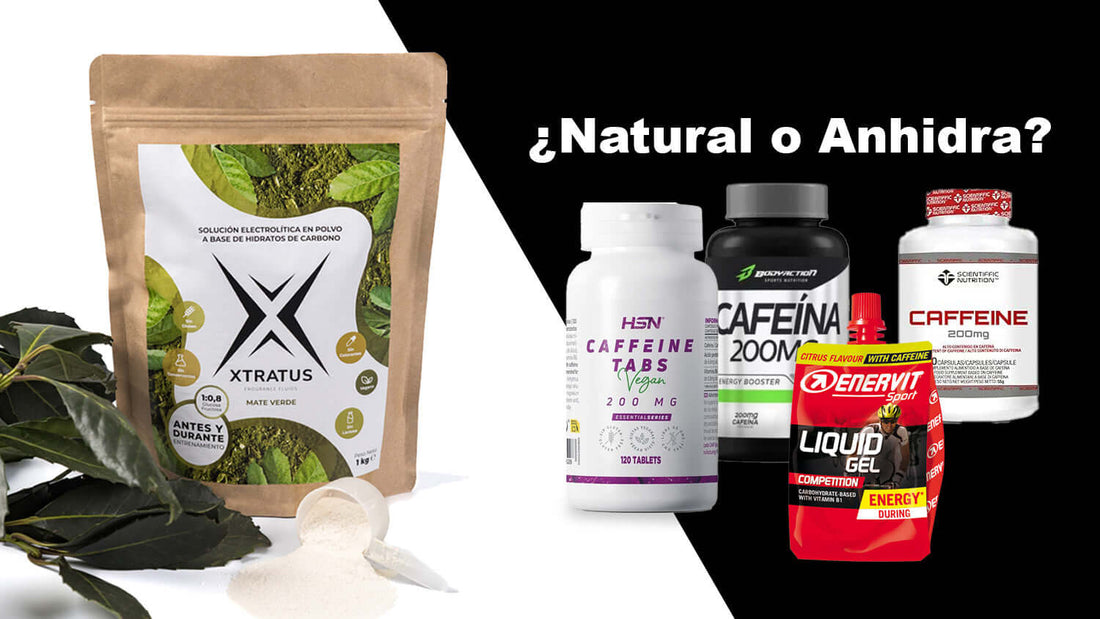
Anhydra or natural caffeine: What is the best for sports performance ?
Caffeine is a stimulant found in various beverages and supplements, widely used in sports as an ergogenic aid to improve performance, and is not listed on the World Anti-Doping Agency's list of prohibited substances.
Among its main benefits, caffeine can improve physical performance by stimulating the central nervous system, increasing adrenaline levels, which can improve physical performance, strength, and endurance during intense exercise.
Caffeine can also improve mental alertness and concentration, helping athletes stay more alert and focused during training or competition, leading to better coordination and decision-making on the field.
In addition, it increases the release of fatty acids into the bloodstream, saves muscle glycogen and increases endurance, facilitates muscle contraction and reduces the sensation of pain.
However, it's very important for athletes to be aware of their own caffeine tolerance, as excessive intake can cause nervousness, increased heart rate, digestive problems, and difficulty sleeping, in addition to a diuretic effect and the risk of dehydration.
Below, you'll learn about some types of caffeine and their main benefits and disadvantages.
Where to find caffeine?
Caffeine for sports performance comes in several forms, each with its own benefits and considerations. The most common types are:
- Coffee: It is the most popular natural source of caffeine. It provides a moderate dose of caffeine, and many athletes often consume coffee before training or competitions.
- Pills or tablets: They provide a precise and easily controllable dose of caffeine. They are convenient and often used by athletes to ensure accurate dosing and improve performance.
- Energy drinks: They are widely available and often contain caffeine along with other ingredients such as sugar, vitamin B, and taurine.
- Gels: Popular among endurance athletes. They provide a concentrated, easily digestible source of caffeine during prolonged exercise to maintain energy levels and improve performance.
- Caffeinated beverages (tea, green tea, yerba mate): Teas, including green tea and yerba mate, naturally contain caffeine.
It's important to note that each form of caffeine has its own absorption rate and potential impact on the body, so athletes should choose the form that suits their preferences, schedule, and exercise requirements.
It is recommended to use the usual doses: 3 to 6 mg per kilogram of body weight per day. It is essential to monitor individual tolerance levels and be careful not to exceed the recommended doses to avoid possible side effects.
Therefore, it is advisable to consult a health professional or sports nutritionist before using any form of caffeine for athletic performance.
What is Caffeine Anhydrous?
Anhydrous caffeine is a pure, powdered (dehydrated) and highly concentrated form of caffeine.
Its key features and benefits include purity and concentration, and extremely rapid absorption, which increases heart rate and can provide an increase in energy and endurance during physical activities.
Common in supplements, anhydrous caffeine provides the ability to precisely control dosage, allowing people to tailor their caffeine intake to their needs and tolerance levels.
However, because it's highly concentrated, anhydrous caffeine can cause potential side effects that require caution, as careful dosing is necessary to avoid potential negative side effects such as nervousness, increased heart rate, insomnia, and digestive issues. Excessive consumption can lead to caffeine toxicity.
What is natural caffeine?
Unlike anhydrous caffeine, natural caffeine is derived from natural sources, primarily plants. It is a natural stimulant that belongs to a class of compounds called xanthines.
Some of the main natural sources of caffeine include coffee beans, tea leaves, cocoa beans, cola nuts, yerba mate, and guarana.
In the body, when consumed, natural caffeine acts as a stimulant of the central nervous system, providing increased alertness, concentration, and temporary relief from fatigue. It affects adenosine receptors in the brain, preventing drowsiness and promoting attention.
Studies suggest that moderate consumption of natural caffeine may have potential health benefits, including improved cognitive function, improved physical performance, and a lower risk of certain diseases.
L-theanine
Another aspect to keep in mind about natural caffeine is the presence of L-theanine.
L-theanine is an amino acid found primarily in leaves, particularly green tea (Camellia sinensis) and yerba mate (Ilex paraguariensis). It is structurally similar to glutamate, a neurotransmitter in the brain.
L-theanine is known for its relaxing and calming effects and is often used to reduce stress and anxiety without causing drowsiness by increasing alpha brain wave activity. Alpha waves are associated with a relaxed, awake state and increased mental clarity.
L-theanine helps balance the stimulating effects of caffeine.
Studies suggest that L-theanine affects neurotransmitters in the brain, including GABA (gamma-aminobutyric acid), serotonin, and dopamine, which play crucial roles in regulating mood, relaxation, and concentration.
Typical doses of L-theanine can range from 100 to 400 milligrams per day, although the optimal dose may vary depending on individual needs and tolerance.
Risks of consuming caffeine
The use of caffeine carries certain risks and considerations:
- Overdose: Anhydrous caffeine is highly concentrated, so it's easy to consume too much of it, resulting in a caffeine overdose. Symptoms of an overdose can include rapid heart rate, increased blood pressure, restlessness, anxiety, nausea, vomiting, and, in severe cases, seizures or heart problems.
- Sleep disorders: Due to its stimulant effects, anhydrous caffeine can disrupt sleep patterns, causing insomnia or difficulty falling asleep and recovering well.
- Increased heart rate and blood pressure: It can raise your heart rate and blood pressure, which can lead to palpitations, arrhythmias, and other cardiovascular problems, especially in people with pre-existing heart conditions.
- Digestive problems: High doses of anhydrous caffeine can irritate the gastrointestinal tract and cause digestive problems such as stomach pain, acid reflux, or gastrointestinal discomfort.
- Nervousness and anxiety: It is a stimulant that can cause feelings of nervousness, anxiety, restlessness, or a feeling of being "wired" or jittery.
- Possible addiction or dependence: Regular and excessive use of caffeine anhydrous can lead to tolerance, requiring higher doses to achieve the desired effects. It can also cause physical dependence, with withdrawal symptoms such as headaches, fatigue, irritability, and difficulty concentrating if caffeine intake is abruptly reduced.
- Drug interactions and health conditions: Caffeine anhydrous may interact with certain medications or exacerbate health conditions such as anxiety disorders, heart disease, gastrointestinal disorders, and high blood pressure. It is important to consult a healthcare professional before using caffeine anhydrous if you have any underlying health conditions or are taking medication.
- Dehydration: Caffeine is a mild diuretic, meaning it can increase urine production and potentially cause temporary fluid loss. The risk of dehydration is even greater with anhydrous caffeine, which is usually consumed with water.
Anhydrous or Natural Caffeine: Which is Best for Me?
Now that you know more about Anhydrous and Natural Caffeine (which contains L-theanine) and their side effects, to know which is best for your sports routine, it is important to keep in mind that Anhydrous Caffeine and L-theanine are separate compounds, each with their own characteristics and distinct effects.
Caffeine anhydrous is pure, concentrated caffeine without water, known for its stimulating effects, while L-theanine is an amino acid found primarily in the leaves that promotes relaxation, calmness, and focus.
Natural caffeine has a more gradual absorption effect, while anhydrous caffeine can generate ergogenic peaks.
The combination of caffeine anhydrous with L-theanine is often referred to as "smart caffeine" or "caffeine with L-theanine." The idea behind this combination is to improve cognitive performance, increase alertness and concentration, and promote a state of relaxed wakefulness. L-theanine may help mitigate potential side effects of caffeine, such as increased heart rate or restlessness.
Both anhydrous caffeine (pure, concentrated caffeine) and natural sources of caffeine (coffee, tea, yerba mate) can be used to enhance athletic performance. The choice between the two often depends on personal preference, the desired effect, and ease of consumption.
Anhydrous caffeine:
- Concentration and Precision: It's highly concentrated and provides a precise, controllable dose of caffeine. This can be advantageous for people who need to tailor their caffeine intake to specific performance goals.
- Rapid absorption: Anhydrous caffeine is rapidly absorbed into the bloodstream, resulting in a rapid onset of its stimulating effects. This can be beneficial for athletes seeking an immediate energy boost before training or competition.
- Customizable dose: The dose of anhydrous caffeine can be precisely adjusted according to each individual's weight, tolerance, and specific performance needs. This allows caffeine intake to be tailored for optimal results.
- Reduced volume and portability: Caffeine anhydrous supplements typically come in pill or powder form, making them easily transportable and convenient for athletes who need a compact option to carry around.
Natural caffeine:
- Variety of sources: Natural caffeine can be obtained from a variety of foods and beverages, including coffee, tea, yerba mate, and cocoa. Athletes can choose a source that suits their preferences and nutritional goals.
- Additional nutrients and antioxidants: Natural sources of caffeine often come with additional nutrients and antioxidants present in the food or beverage.
- Sustained release and extended energy: Natural sources of caffeine often provide a more gradual release of caffeine compared to anhydrous caffeine, potentially offering sustained energy levels over a longer period.
- Variety of flavors: Natural sources of caffeine have a variety of flavors and profiles, allowing athletes to choose options that suit their taste preferences.
Xtratus Pre and During Workout with Yerba Mate
The choice between anhydrous and natural caffeine for athletic performance depends on the athlete's individual preferences, caffeine tolerance, and the specific demands of their sport or activity.
It is essential to consider factors such as dosage, timing, and desired effects before making a decision.
In the Xtratus product line, we offer the Before and During Workout with Yerba Mate.
As we have seen above, in addition to providing the 1:0.8 ratio of carbohydrates (glucose:fructose) and mineral salts, Xtratus Mate also provides 200 mg of natural caffeine per 90 g serving.
It is a 100% natural supplement, with real yerba mate, free of cross-contamination, without aromas, without colorants, and without preservatives.
If you're eager to experience the incredible taste and effectiveness of this supplement, click below to secure yours.
But don't forget that it's essential to follow the recommended doses, monitor your caffeine intake from all sources (including other foods and beverages), and be aware of your tolerance level.
Always consult a healthcare professional to determine the appropriate dosage and discuss potential risks based on your individual health status.




